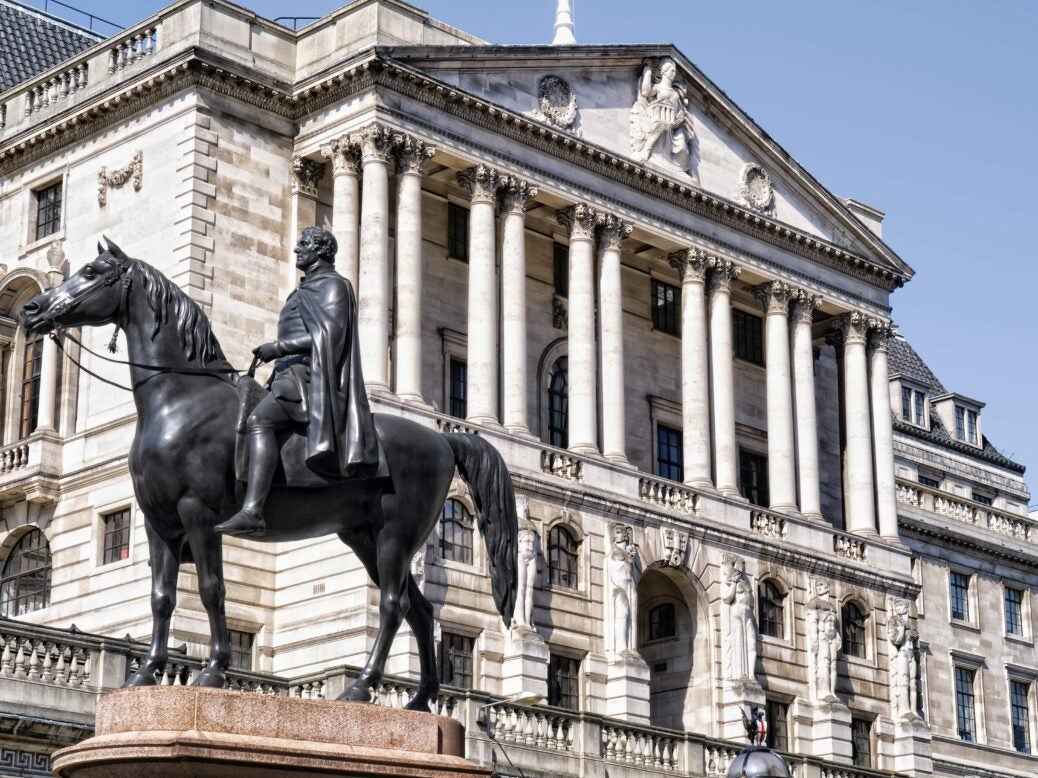
The much anticipated rate rise has occurred, and with it, time has been called on an unprecedented era of ultra-low interest rates, says Alec Marsh
Everyone knew it was coming — the market bet was that it was 90 per cent certain — but it’s coming was nonetheless a fact of economic life.
The FTSE 100 purred at the announcement, rising on the news, while sterling slipped against the dollar.
The Bank of England’s first interest rate rise in a decade, reversing the emergency post-Brexit vote 0.25 per cent cut last summer, follows a rise in inflation, which hit 3 per cent in September, fully 1 per cent more than the Bank’s targeted level. Members of the Monetary Policy Committee voted 7-2 for to lift the bank rate to 0.5 per cent in what some are describing as a ‘weak hike’.
In a statement the Bank noted that unemployment had fallen to a 42-year low, that the global economy was growing strongly, and that ‘domestic financial conditions were highly accommodative and consumer confidence has remained resilient’. It said: ‘In line with the framework set out at the time of the referendum, the MPC now judges it appropriate to tighten modestly the stance of monetary policy in order to return inflation sustainably to the target.’
For some the rate rise came too late, others, such as the Economist, believe that the UK’s economy is not out of the woods yet in terms of Brexit-related uncertainly and that the move is too soon. Certainly, as the Bank itself admitted the headwinds are still very much present.
The British economy isn’t quite so sure and the global picture is positive. UK plc beat the bleak forecasts of the experts to grow by 0.4 per cent in the third quarter this year, up a 0.1 per cent on expectations, and certainly enough to girdle the loins MPC’s rate setters to the task.
The British homeowner, of course, is vulnerable, with some 40 per cent of mortgages on a variable rate, and many more due to complete their fixed terms in the course of the next year or so, and consumer confidence it low.
June Deasy, head of mortgage policy at UK Finance, which represents some 300 firms in the sector, noted that the majority of borrowers were protected from any immediate effects of today’s increase because they have a fixed-rate mortgage. ‘Over the last year, two thirds of first-time buyers have opted to fix their rate for up to two years, with a further one in four opting to fix for two to five years,’ added Deasy. ‘Given that variable rate lenders assess the ability of applicants to pay at much higher interest rates, most should be able to cope with any increases as they filter down.’
In hindsight, commented Jason Hollands, MD at wealth manager Tilney Group, last year’s emergency cut might now be regarded as having been too hasty: ‘In the period since the vote, the resilience of the economy owes much to the consumer but there are now real headwinds to consumer spending with inflation outpacing wage growth,’ said Holands. ‘Much of the rise in inflation is attributable to the weakness of sterling which has pushed up the cost of imports but this effect should pass through and a modest bit of monetary tightening should help address this. The real key here is will be glide path of further rate rises and in this respect, there is a difficult tight rope for the Bank of England to walk between trying to tackle inflation and get rates to a level where they could be cut again if necessary, while not choking off growth in the meantime.’
Hollands also noted that Threadneedle Street’s move follows a shift worldwide against ultra-loose monetary policy: ‘The US Federal reserve is already hiking and may do again in December,’ he added. ‘The European Central Bank is set to taper its bond buying stimulus programme next year. The tectonic plates are undoubtedly shifting.’
And shifted they have, away from the Bank’s lowest rates in its 323 year history. The question now is what next? When will the next move be? Today the bank had this to say: ‘All members agree that any future increases in Bank Rate would be expected to be at a gradual pace and to a limited extent,’ which will be music to the ears of British householders struggling to make ends meet. On the other hand it if helps sterling, the pound in their pocket should go further.
Alec Marsh is editor of Spear’s






